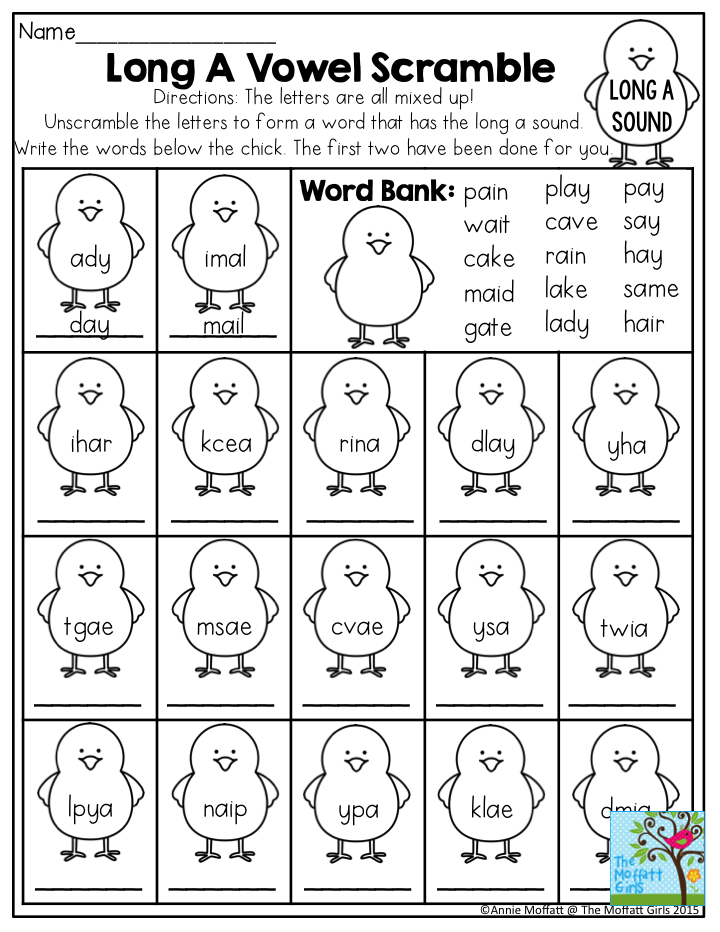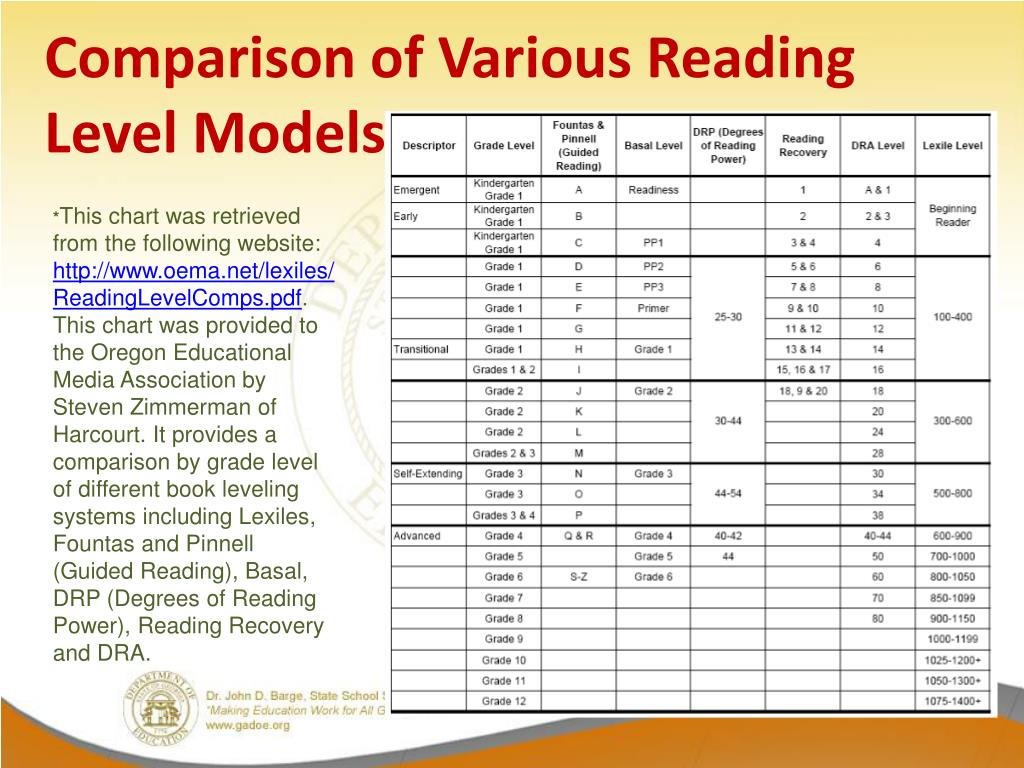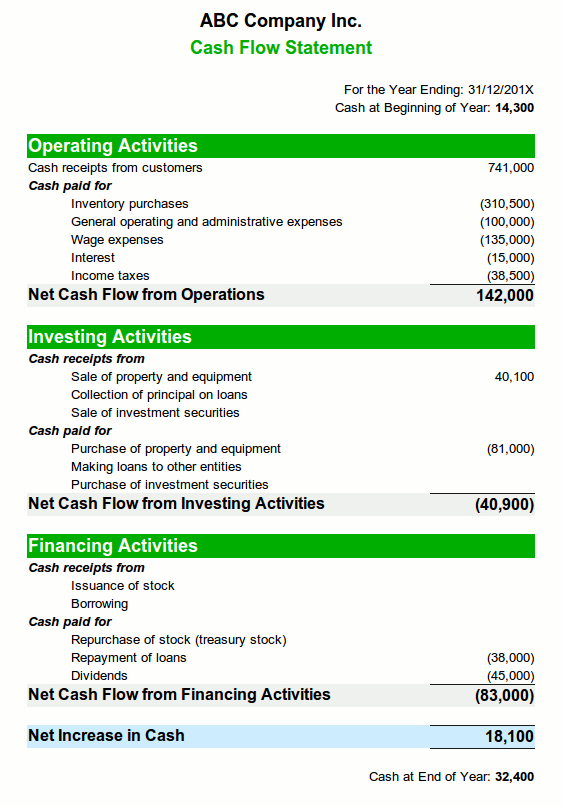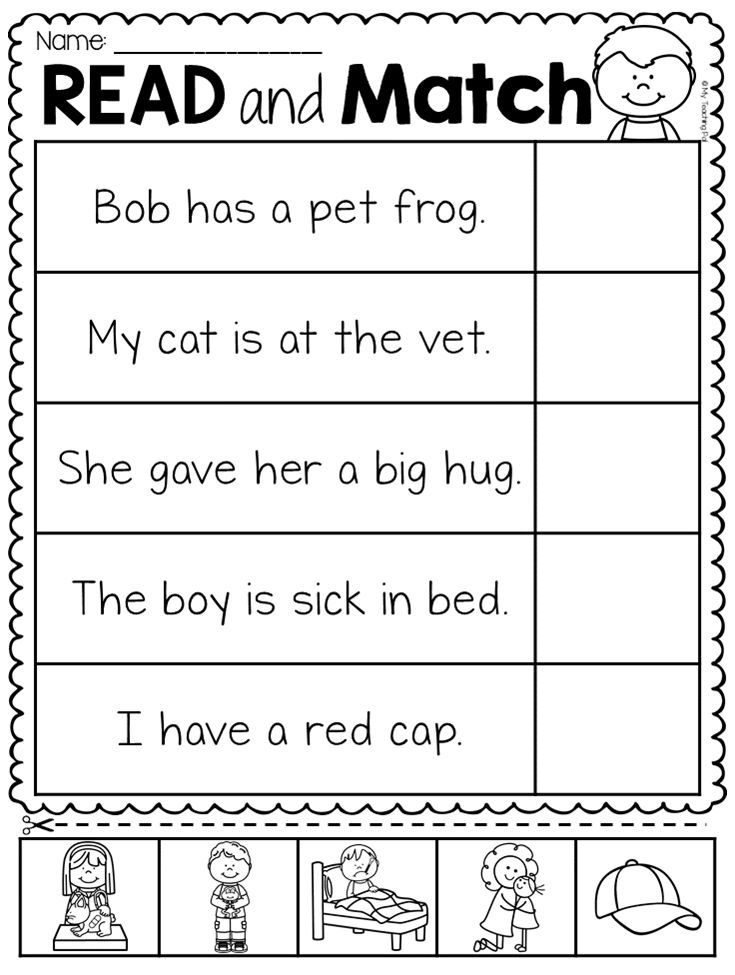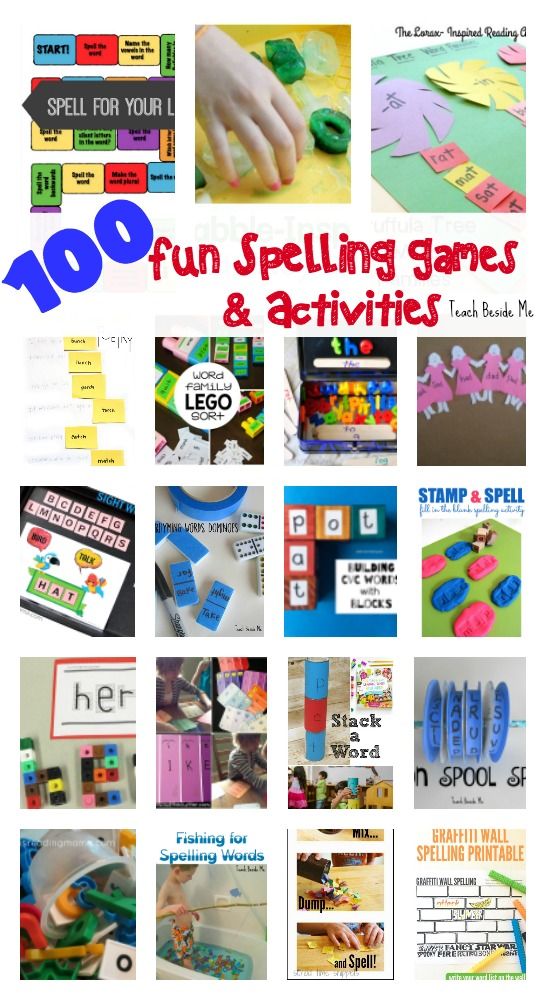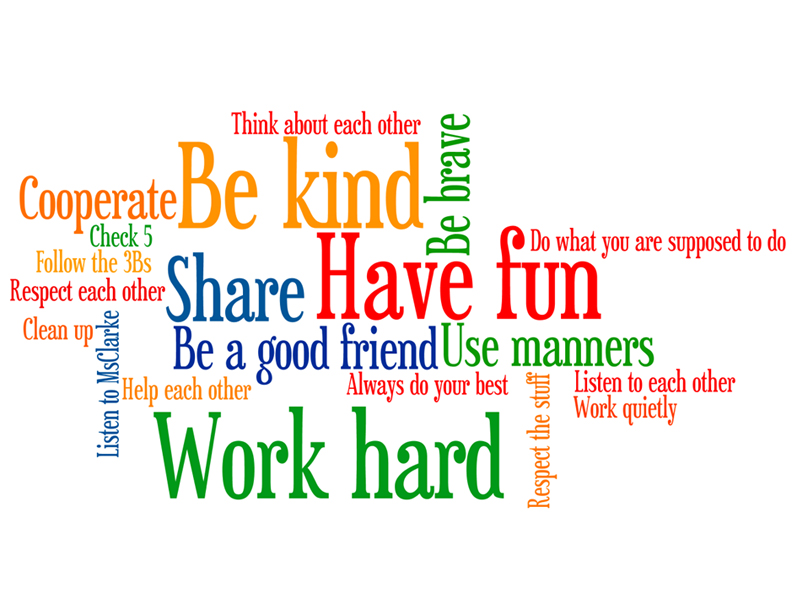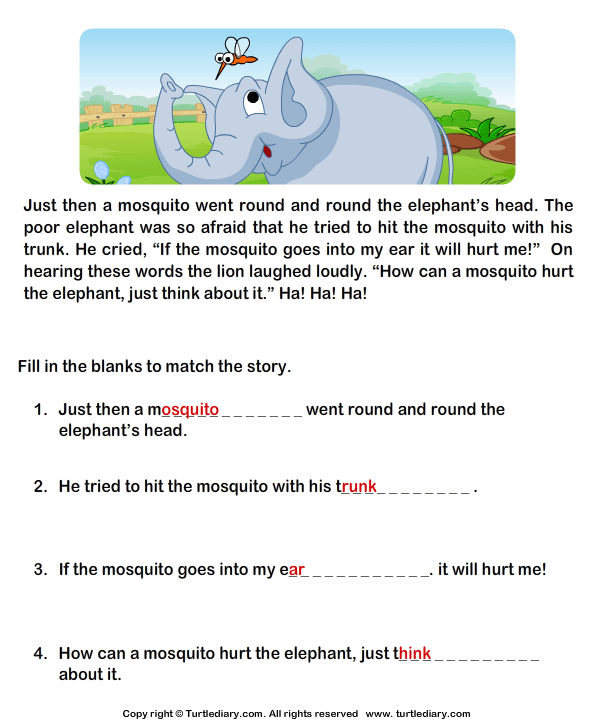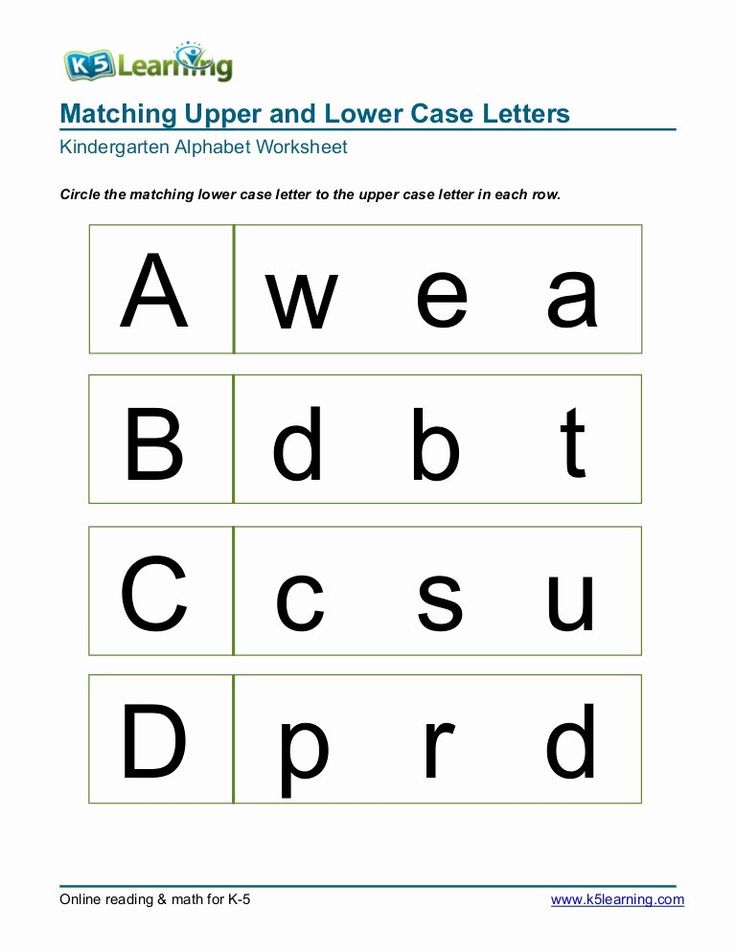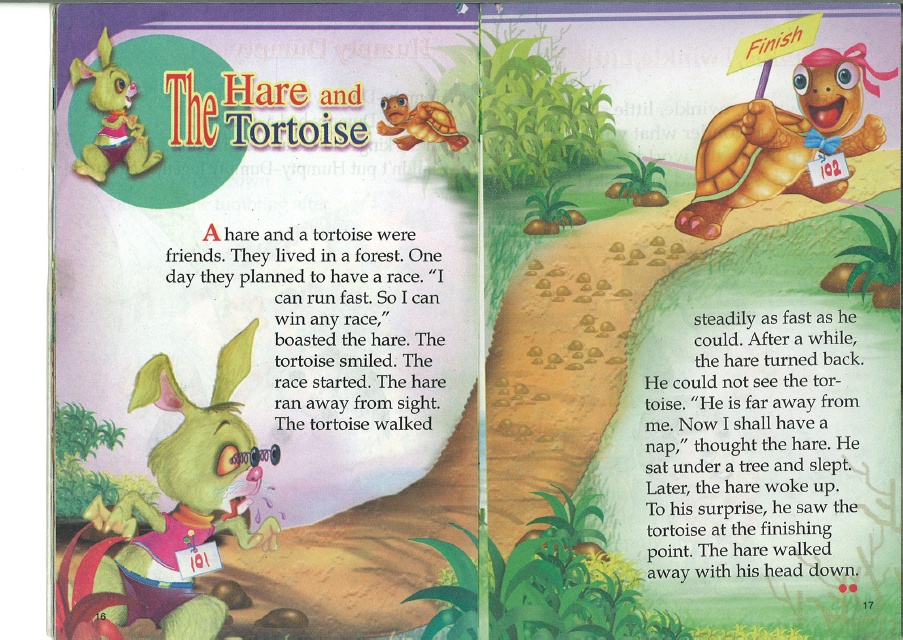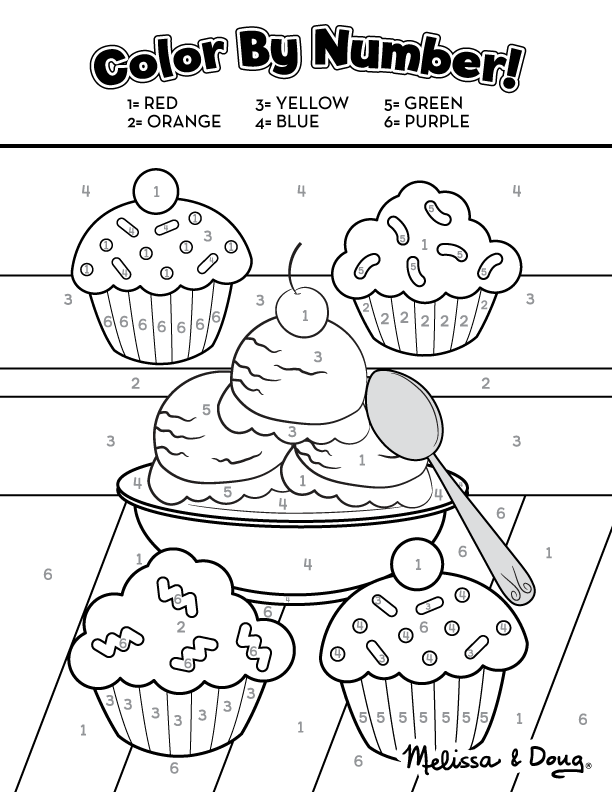Reading to know
Book reviews from a Christian worldview at Reading to Know
When I look at my reading stack for July, I feel like I was more of a mechanical reader who was reading books simply because they are "supposed" to be read and not so much because I was enjoying them. I read them on the recommendation of others and my dislike of them is in no way meant to disparage the other readers. Everyone likes what they like in literature and I just didn't like these books for one reason or another. Are we all clear on that point? If you love these books, don't take unnecessary offense. :)
*****
First up, I read
The Enchanted April. I wanted to like this because people I really like, really liked this book! Apparently Lucy Maud Montgomery read and enjoyed this read which was originally published in 1922. That bit of info was the tipping point in my deciding to read it for myself because
anything that Montgomery read . . . !
This book follows the trails of four women: Lottie Wilkins, Rose Arbuthnot, Mrs. Fisher and Lady Caroline Dester. Each woman is looking for some sort of escape from her life in England and when a castle is offered up for rent during the month of April on the Italian coast, the women pitch in and spring for it. Their hope is for a break from the monotony of duty, essentially. They each have ways in which they are simply tired of "being good" and want a vacation from life's constant demands upon them. A vacation in a castle in Italy seems just the ticket. (Honestly? It's hard to blame them, eh?) They go to Italy and stay in the castle, and the overriding theme is that the castle atmosphere is full of the magic necessary to bring all things in life to rights, mending broken hearts and opening closed ones.
On the one hand, I liked the idea of a month long vacation in a castle. That idea is enormously tempting. To be able to travel to unfamiliar places and escape the norm can be a truly beautiful and blessed thing which I cannot deny! I found Elizabeth Von Arnim's writing style to be quite pleasant and engaging.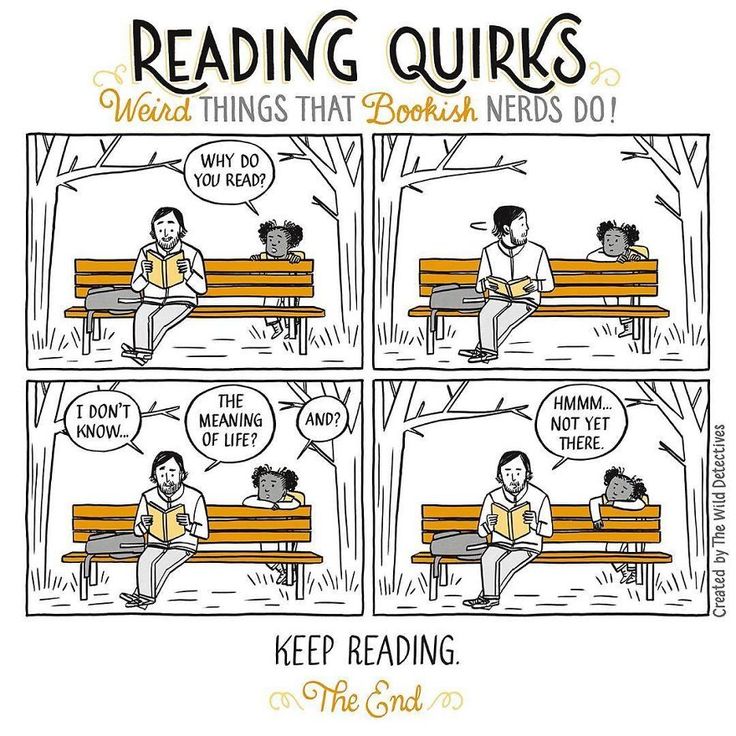 I thought she had a few really clever lines and a way with words which I cannot complain about in the slightest. Then too, the way the story was written rubbed me a bit wrong in that here you had four discontented female (two of whom were married) who were sneaking away from husbands and family strictly because they were "tired of being good all of the time." In that way, this book reads as a precursor to
Eat, Pray, Love -- a book I think has had disastrous effects on married women everywhere.
I thought she had a few really clever lines and a way with words which I cannot complain about in the slightest. Then too, the way the story was written rubbed me a bit wrong in that here you had four discontented female (two of whom were married) who were sneaking away from husbands and family strictly because they were "tired of being good all of the time." In that way, this book reads as a precursor to
Eat, Pray, Love -- a book I think has had disastrous effects on married women everywhere.
Interesting to note, if you'll circle with me back to Montgomery for a moment, is that The Blue Castle was published in 1926. I think the character of Valancy would have gotten along rather famously with the women at the Italian castle. I would venture a guess that this book had its influence not only in Montgomery's book writings but also in her personal thought life and journals as she battled with her own demons of discontent.
All in all, I can't say that I wholly disliked The Enchanted April.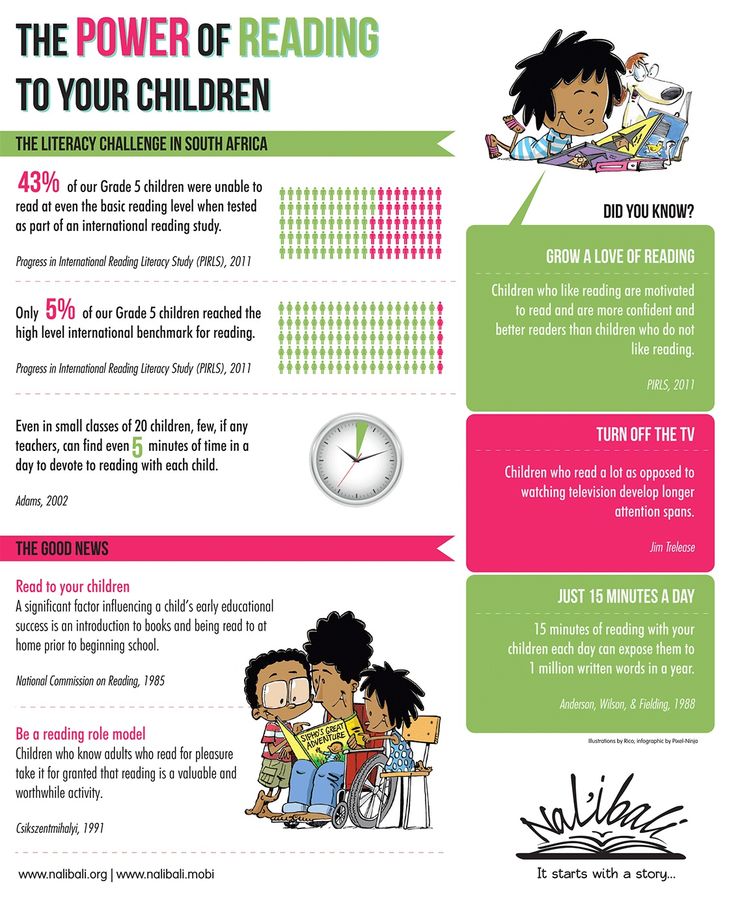 However, I can see things about it that I definitely do not like and that rub me the wrong way. I see where the message of escaping "doing good" leads and that makes me ever so cautious about The Enchanted April on the whole.
However, I can see things about it that I definitely do not like and that rub me the wrong way. I see where the message of escaping "doing good" leads and that makes me ever so cautious about The Enchanted April on the whole.
My two-cents!
*****
Secondly I read
Summer, by Edith Wharton. This is my second Wharton to read, the first being
Ethan Frome. I didn't care for
Fromebut I know plenty of people who 'love a good Wharton' so I had no qualms about giving her another go.
Summer seemed appropriately themed (it being July and all) and I thought I would choose this selection for my next in-town book club selection. It's my turn to choose the book and lead the discussion and so I dutifully pulled out my copy well in advance, read it, felt desperately depressed, and changed my reading selection for the month.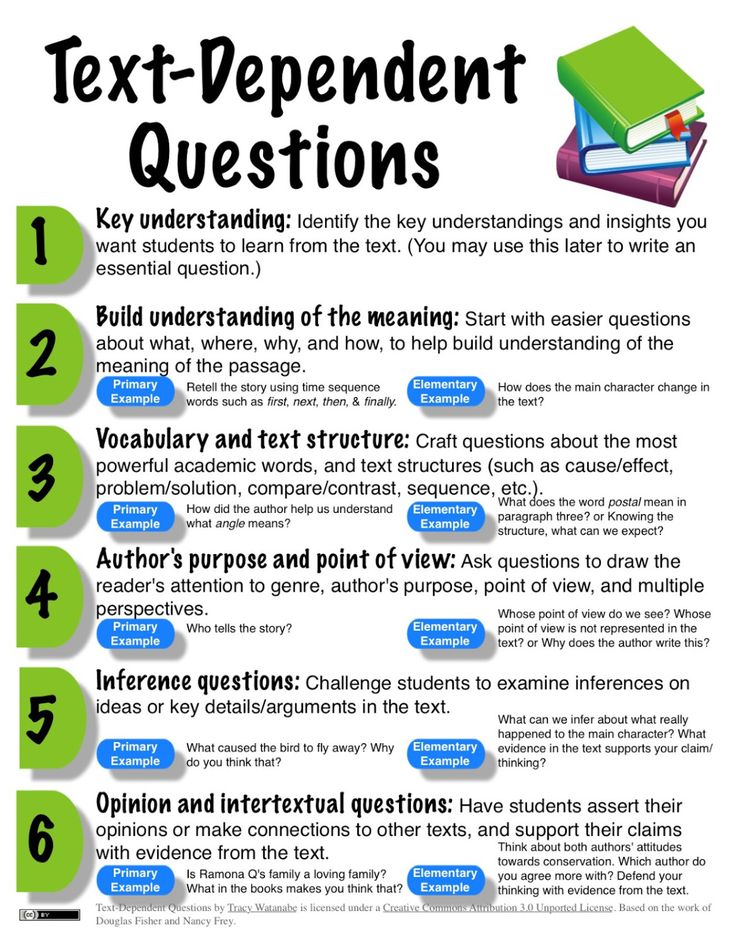 (No problem because one other lady in the group also read it in advance was equally depressed by it. Kindred Spirits are we!)
(No problem because one other lady in the group also read it in advance was equally depressed by it. Kindred Spirits are we!)
This book tells the story of Charity Royall who was adopted by Mr. and Mrs. Royall in name only, but not legally. Mrs. Royall passes away and Charity is the lone woman in the house in this coming-of-age story where she has to deal with both the inappropriate attentions of Mr. Royall and also with the inappropriate attentions of one Lucias Harney. (Anyone with a name like Lucias Harney . . . . )
I believe the intelligent response to this read is to say: "Charity learns what true love and sacrifice really look like." But all I can say is: "Charity was immature and unlikeable from start to finish and there wasn't a man in the book to admire. Read it and weep." It felt bitter from beginning to end and I was infinitely relieved to be done with it.
I had a few other Wharton's on my shelf yet to be read (The House of Mirth and The Age of Innocence) but I came to the conclusion that I've had about as much fun with Wharton as I think I can bear.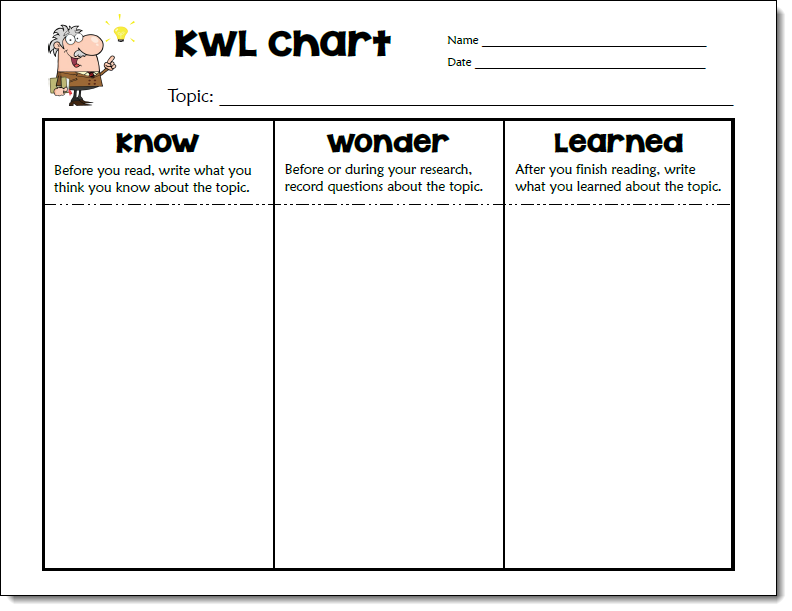 Her writing style was similar enough in the two stories that I did read, that I doubt I'll find much enjoyment in the others. Being a good reader though, I did research
The Age of Innocence online before deciding too hastily against it. I read a synopsis or two and watched movie trailers on YouTube (heh....) and decided that, no, I really don't want to read anymore Wharton!
Her writing style was similar enough in the two stories that I did read, that I doubt I'll find much enjoyment in the others. Being a good reader though, I did research
The Age of Innocence online before deciding too hastily against it. I read a synopsis or two and watched movie trailers on YouTube (heh....) and decided that, no, I really don't want to read anymore Wharton!
My four cents!
*****
Lastly, I read
The Lost Child of Philomena Leeby Martin Sixsmith. (It has since been renamed, simply,
Philomena but I am including the original title and cover art for purposes of this review.) I have even less nice things to say about this book. I picked it up because I had watched the movie Philomena starting Judi Dench and was intrigued by it. I wanted to learn more about Philomena herself and a good thick book on the subject looked just the ticket.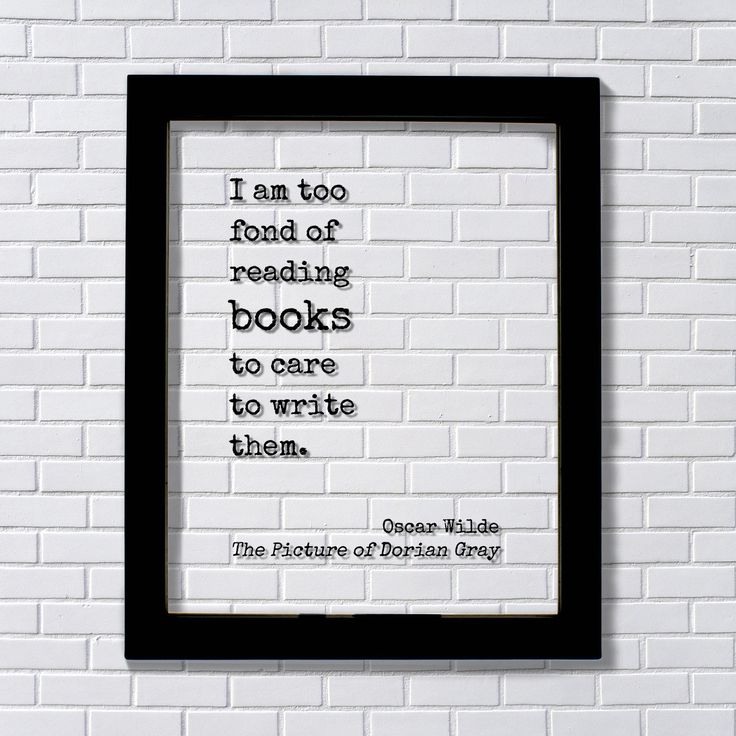 However, I am afraid to say that the movie is better than the book! (And most Goodreads reviewers would agree with me! Look it up!)
However, I am afraid to say that the movie is better than the book! (And most Goodreads reviewers would agree with me! Look it up!)
Philomena Lee was born and raised in Ireland. In 1952, when she was an unwed teenager, she gave birth to a baby boy who, through a series of events, was adopted by a couple in America. The baby boy was renamed Michael Hess and if you Google his name you'll find out why this book became important.
I am an adoptive mother myself and I was very interested in reading Philomena to know and understand the mother better. What would a birth mother feel like, having her child taken from her? How would she live her life, knowing she had a son who was living on the other side of the world from her? Somewhat understandably, author Martin Sixsmith focused his attentions on the life of Michael Hess. Philomena was more of an after thought in the writing. That was disappointing, but it was made infuriating because Sixsmith spent 90% of the book discussing Hess's sexual orientation, preferences and encounters, burying any other topic available to him.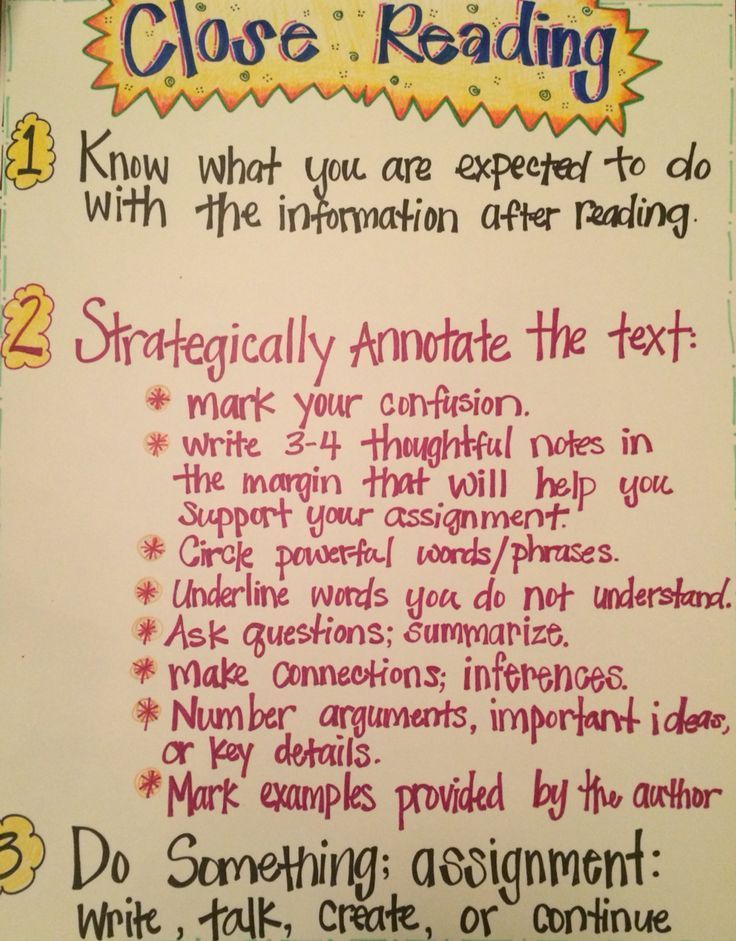
I skated and skimmed my way through the book trying to avoid the salaciousness and get back to Philomena who, sadly, only re-entered the scene at the end of the book! Furthermore, if you check out any article about this read online, and make a study of the Goodreads reviews, you'll see that the people who interviewed for this book decry the absurdity of Sixsmith's writing. Sixsmith downright fabricated parts of Hess's life, making up conversations and scenarios, and seemed to want to dive more into the topic of Hess's homosexuality than his status as, oh, say, a basic human being with an interesting backstory.
There is an incredibly interesting history of adoption between Ireland and American that absolutely can and should be explored. It was absolutely not researched or dealt with by Sixsmith in any productive or educational way. This book is an exploitive, explosive, fabricated obsession with sex, rather than dutifully told fact.
If you would like to explore the topic of International adoptions - as specifically relates between Ireland and the U.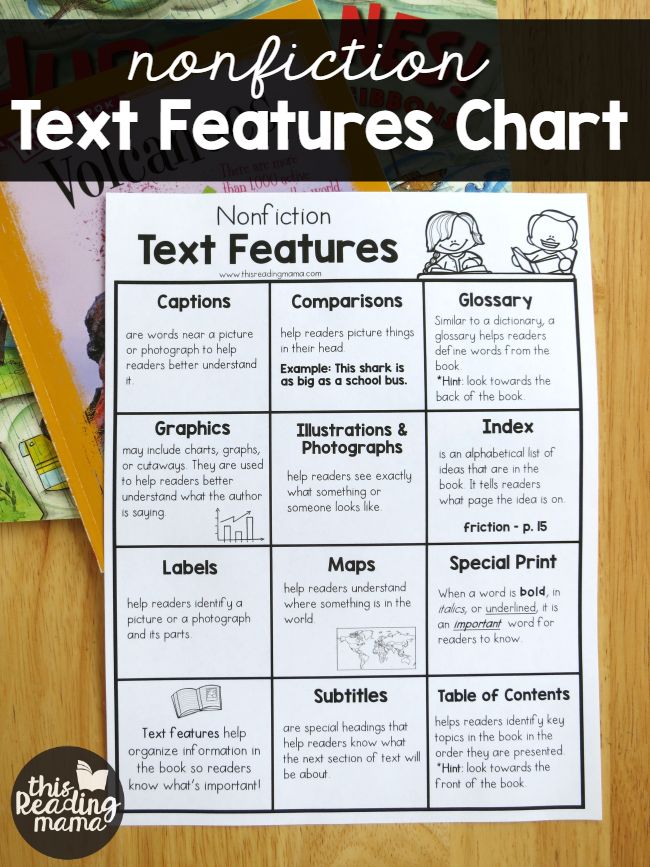 S. - please do not read this book. If you want to get to know Philomena and her story, watch the movie and then watch Youtube clips of interviews she personally gave. Get to know her as a person. Get to know Michael as a person! But as the people who knew him suggest he is not really to be found within the pages of this book -- don't bother with it!
S. - please do not read this book. If you want to get to know Philomena and her story, watch the movie and then watch Youtube clips of interviews she personally gave. Get to know her as a person. Get to know Michael as a person! But as the people who knew him suggest he is not really to be found within the pages of this book -- don't bother with it!
My six cents!
Reading to Learn
Enabling all learners at every level of education to read and write successfully.
Buy Teachers Resources
What is Reading to Learn (R2L)
R2L is a set of strategies that enable teachers to support all students in their classes to read and write at the levels they need to succeed. It has been in development globally since the early 2000s at all stages of education. R2L responses to the growing and urgent needs of marginalised learners and can rapidly improve reading and writing for educational access and success.
Early years
R2L supports all children aged 4-6 to become independent readers and to write successful texts.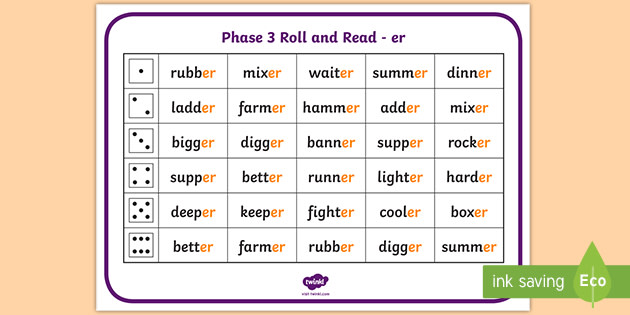 Using illustrated story books, teachers use R2L to improve skills such as comprehension, word recognition, spelling, letter formation, sentence construction and story writing. Because these skills are learnt in the meaningful, engaging context of shared reading books, children can acquire them much faster than through only using standalone alphabet, phonics and sight word drills.
Using illustrated story books, teachers use R2L to improve skills such as comprehension, word recognition, spelling, letter formation, sentence construction and story writing. Because these skills are learnt in the meaningful, engaging context of shared reading books, children can acquire them much faster than through only using standalone alphabet, phonics and sight word drills.
Primary years
For children aged 7-12, R2L is designed to engage them in reading and writing stories for pleasure, factual texts and to evaluate texts, issues and points of view. Teachers select and use texts in the subject areas that the class is studying to teach skills in reading and writing, at the same time as learning the content of each subject area. R2L enables all students to read and write texts at the same high level, rather then giving them texts at different ‘ability levels’. This ensures all students are ready to succeed in secondary school.
Secondary years
Those aged 13-18 are supported by R2L to learn the content of each curriculum area through reading and writing.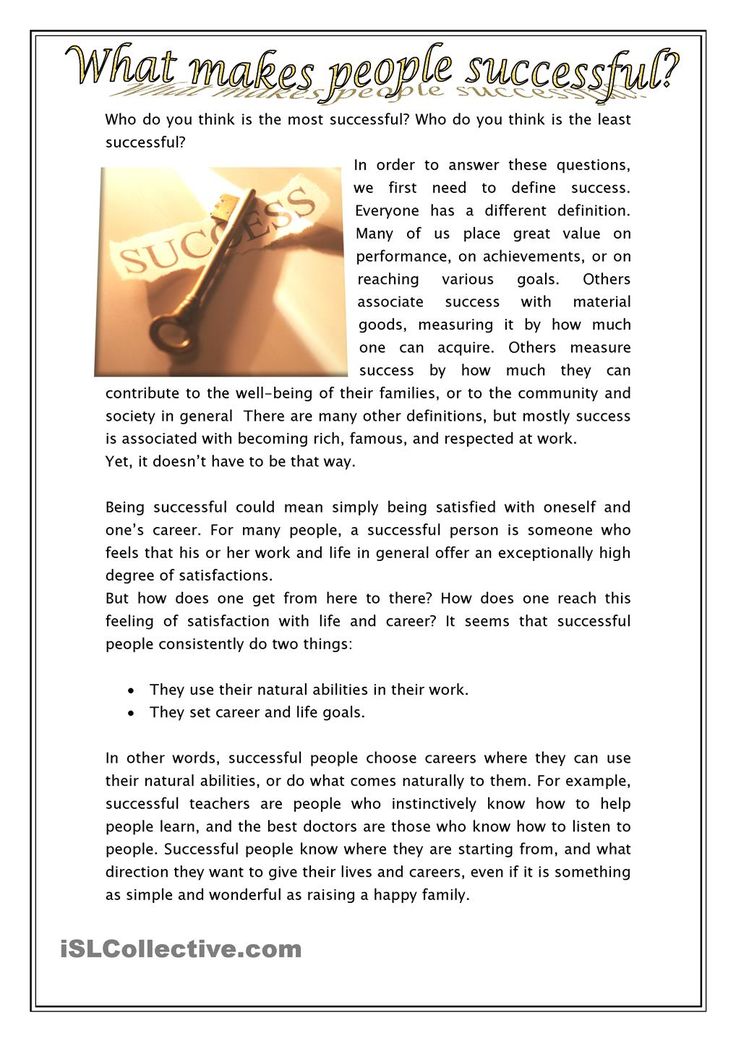 Teachers use the texts that students are expected to read in each subject area, to guide them to learn through reading, and to demonstrate what they learnt through writing. R2L enables teachers to balance the curriculum demands for ‘covering the content’, with teaching essential skills that students need to read and write independently. R2L ensures that all students are well prepared for further education, work and life in general.
Teachers use the texts that students are expected to read in each subject area, to guide them to learn through reading, and to demonstrate what they learnt through writing. R2L enables teachers to balance the curriculum demands for ‘covering the content’, with teaching essential skills that students need to read and write independently. R2L ensures that all students are well prepared for further education, work and life in general.
At home
R2L can be used by caregivers to support their children become independent readers and to write texts successfully. Just like in the early years classroom, caregivers can use illustrated story books to improve skills such as comprehension, word recognition, letter formation, sentence construction. As the child grows, caregivers can use more complex texts and support their child’s developing understanding of concepts such as inference, perspective and audience.
After implementing R2L in my classroom I have seen amazing development in my students’ reading and writing.
Primary School TeacherEveryone of them have benefited greatly from the program!
This has been the single most important professional development I’ve ever had! I am now planning and developing explicit and systemic lessons with specific purpose and focus. I have a much better understanding of how to narrow the gap between my students.
High School Teacher
Thank you! My knowledge of literacy teaching has improved along with my understanding of R2L. Gladly, it is showing through the results of my students.
Primary School Teacher
Use left/right arrows to navigate the slideshow or swipe left/right if using a mobile device
33 books that will help you remember (or learn) world history
It is impossible to remember the history of all ages and all countries well.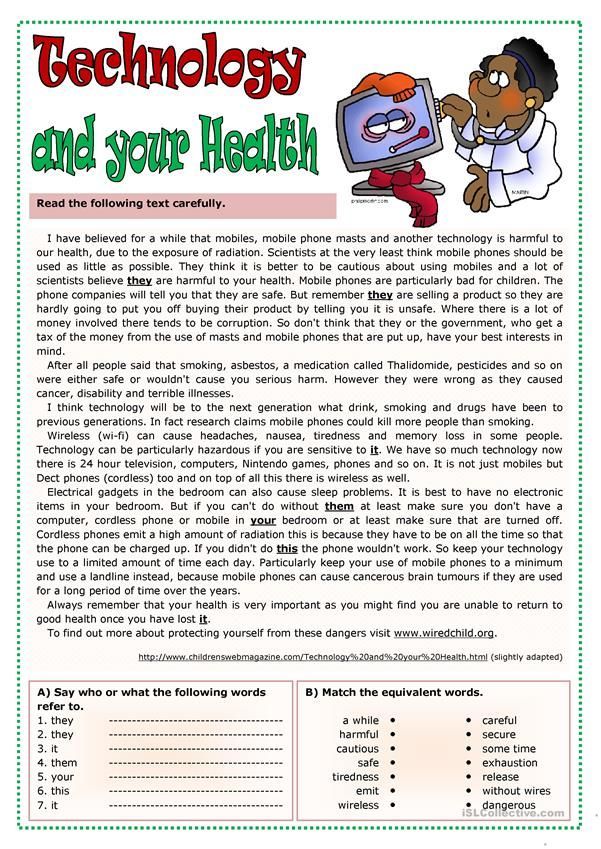 And even if you liked this subject at school, the memory of some historical events is gradually erased. Egor Sennikov has selected 33 books on world history for those who want to refresh their memory or learn something new.
And even if you liked this subject at school, the memory of some historical events is gradually erased. Egor Sennikov has selected 33 books on world history for those who want to refresh their memory or learn something new.
For those who remember nothing at all
Igor Danilov, Felix Lurie "World History in Tables: Synchronistic Tables, Geographic Maps"
Various chronological tables are ideal for starting to restore the memory of history. With their help, it will be convenient to compare different events that took place at the same time. And thereby learn to present world history as a whole. This approach is not only convenient and interesting, but also helps to lay the foundation: everything that you will learn later will be easier for you to build into your own system of knowledge about history.
What to add. Irina Treshchetkina "World History in Tables and Diagrams" is a good collection of various explanatory schemes that will help you better understand world history.
Valery Alekseev and Abram Pershits "History of Primitive Society"
To travel through the world of history, you need some kind of starting point - and it is best to start from the very beginning. Alekseev and Pershitz's textbook on primitive society was published a long time ago and, perhaps, is already outdated in some respects. But it still remains a good source of knowledge about life in primitive times: about hunting and gathering, family and economy, communities and spiritual culture of primitive society.
What to add. Jared Diamond “The world the day before yesterday. What people who still live in the Stone Age can teach us ”- a book by a famous anthropologist tells about how modern traditional societies live (in New Guinea, Polynesia, the Amazon Delta) and about how their image differs (or similar) life from ours.
Ancient World
Theodor Mommsen "Roman History"
There is a huge number of books devoted to the history of Ancient Rome in all its manifestations: culture, military events, literature, politics, philosophy, art. And of course, one cannot even think that one book will be enough to understand everything about Ancient Rome. But if you need to start somewhere, then the solid work of the German historian Theodor Mommsen is the best choice. Still, it is no coincidence that the second Nobel Prize in Literature in history was awarded precisely for this work. This book was written more than 150 years ago, but in general Mommsen tried to make it interesting and understandable for all readers, and not just for specialists.
And of course, one cannot even think that one book will be enough to understand everything about Ancient Rome. But if you need to start somewhere, then the solid work of the German historian Theodor Mommsen is the best choice. Still, it is no coincidence that the second Nobel Prize in Literature in history was awarded precisely for this work. This book was written more than 150 years ago, but in general Mommsen tried to make it interesting and understandable for all readers, and not just for specialists.
What to add. Mikhail Gasparov "Entertaining Greece" is a work that briefly tells about the life of Ancient Greece - from slavery and wars to music and theaters.
Mary Beard "SPQR: A History of Ancient Rome" is a non-fiction by an English scholar of Antiquity about Ancient Rome. Little by little about everything and questioning everything. It turned out to be a fascinating detective story that tells about our ideas about Rome - and about what happened in reality.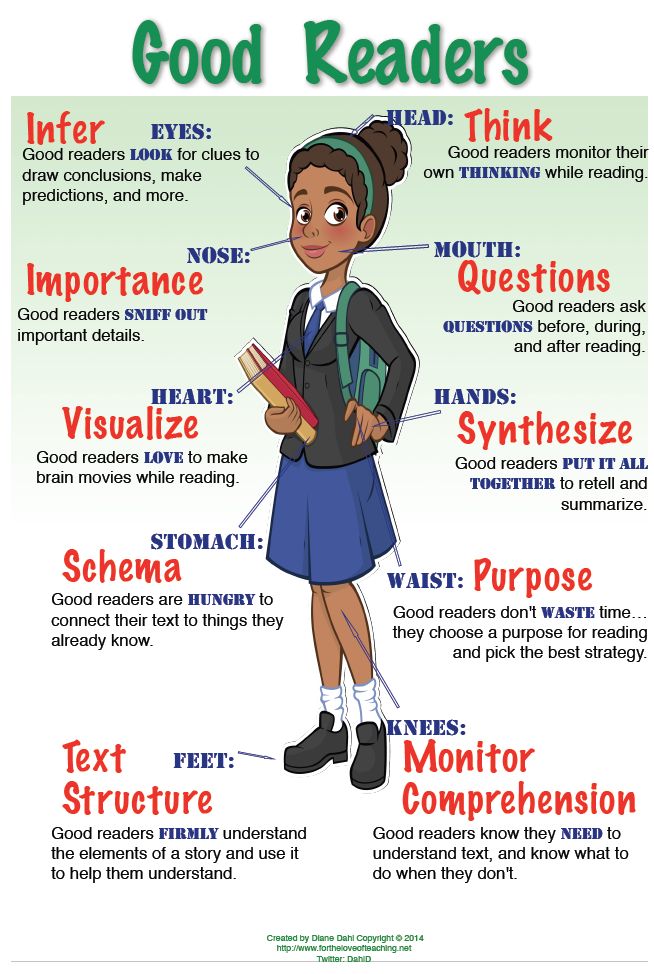
Suetonius "The Life of the Twelve Caesars" - one of the most famous works of the Roman historian describes the biographies of the rulers of Rome - from Caesar to Domitian. A fairly detailed guide (albeit not very deep) through the life of ancient Roman politicians, which perfectly immerses you in the era.
Shang Yue “Essays on the history of China. From Antiquity to the Opium Wars”
The history of the ancient world is not limited to Europe. “Essays on the history of China. From Antiquity to the Opium Wars is a classic, albeit slightly outdated, collection of facts about the development of China from antiquity to the middle of the 19th century. In addition, unlike many historical works published in those years in the Soviet Union, it is not deeply imbued with an exclusively Marxist, historical-materialist point of view on history.
What to add. Yuri Perepelkin "History of Ancient Egypt" - the work of the famous Leningrad Egyptologist is great for getting to know this ancient civilization.
History of the East. In 6 volumes. Volume 1. The East in Antiquity" - if you want a comprehensive look at the Ancient World, you should start with the first volume of the history of the East of the Russian Academy of Sciences. In it you can read about the Hittites, Babylonians, ancient India, the kingdom of Urartu, Egypt and Mesopotamia.
Medieval
Aron Gurevich "Culture and Society of Medieval Europe through the eyes of contemporaries"
Recognized by generations of scholars and ordinary readers as a domestic medievalist, and one of his main works devoted to the Middle Ages. The merit of Gurevich's book is not only that it dilutes the story he tells with interesting historical anecdotes and details. And also because he tries to tell not so much about the life of the nobility and monarchs, but about the life of the bourgeois and peasants. Many examples are well remembered and deeply immersed in the era itself: after all, even in the Middle Ages, all stories were often based on small anecdotes and stories.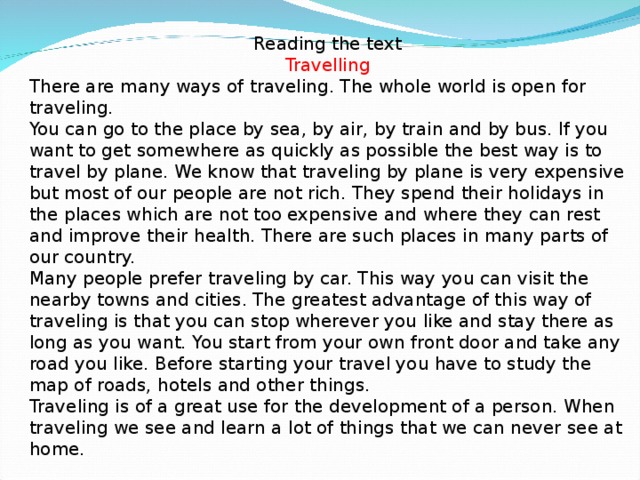
What to add. Jacques Le Goff "Civilization of the Medieval West" - one of the founders of the historical school "Annals" in this book spoke about the complex social, political and religious system of Medieval Europe. Le Goff's view is not at all outdated, although the book was published more than half a century ago.
Pyotr Tolochko "Ancient Rus'"
One of the most prominent specialists in the history of the Old Russian state, Pyotr Tolochko tried to recreate and describe the history of its development - from its inception to the end of the 13th century. Constant clashes with nomads, ethnic development, the significance of the Orthodox Church and the internal political structure. The result is a work, from reading which one can begin to study (or remember) the history of Kievan Rus.
What to add. Boris Romanov "People and Morals" is a monograph that tells in an interesting way about the life of princes and service people, serfs and priests, serfs and servants.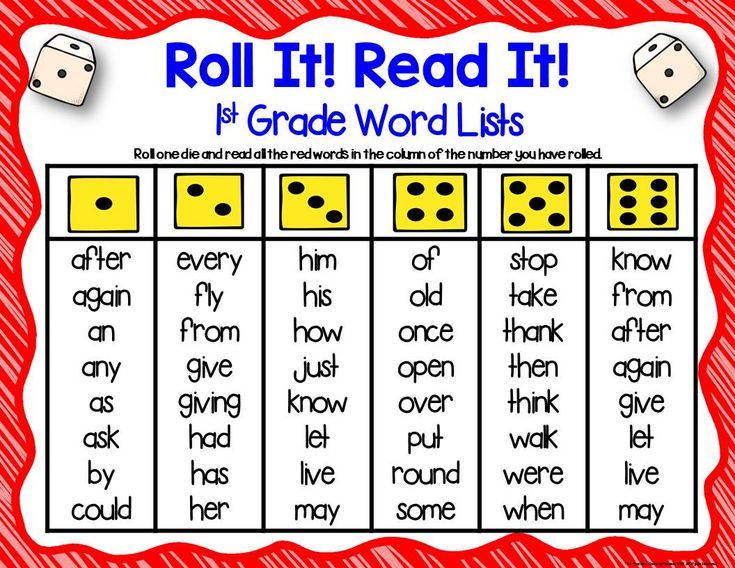
Charles Mann "1491: New discoveries about pre-Columbian America" and "1493: the discovery of the New World created by Columbus"
Two books by Charles Mann are devoted to the civilization of pre-Columbian America - and the reasons for its death. Mann himself sees the reason for the historic clash between the native Americans and the Europeans to be that the native Americans were fundamentally ahistorical. They tried not to change the environment and live in harmony with nature, which made them savages for Europeans. On the other hand, Mann talks in detail about how the New World was mastered by Europeans and what mechanisms were used to strengthen their position on the continent.
Edward Said "Orientalism"
The great book of the American literary critic and historian Edward Said does not so much tell the history of the ancient and medieval East, but tries to answer the question: how relations between East and West developed. Issues of identity, clash of traditions, mutual attraction and antagonism - all of this is in Said's book and helps to build a new understanding of the complex intertwined history of Europe and the Middle East.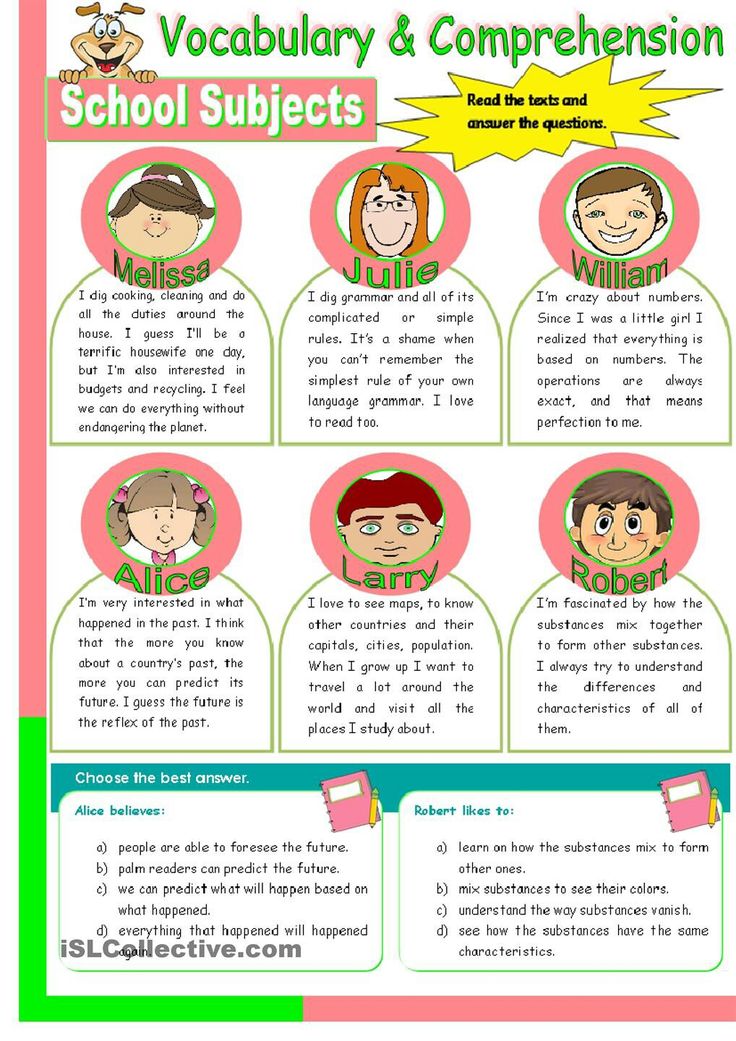
What to add. John Glubb "The Arab Empire" - John Glubb was one of the most prominent figures of the times of British colonialism and spent almost 40 years of his life in the Middle East. His book is a fascinating story about the region, albeit not always sincere.
Jonathan Harris "Byzantium: History of the Lost Empire" - a brief retelling of the main points and reference points of the history of Byzantium.
New time
Fernand Braudel "Material civilization, economy and capitalism, XV-XVIII centuries"
When studying such large-scale eras, it is more convenient to rely on some kind of theory - this helps to fit historical events into understandable and clear schemes. The historian Braudel just offers such a scheme. In his presentation, history is an alternation of world-economy, world-systems, with their centers, their own characteristics and rhythms. Braudel's view and approach, in general, will be useful not only for understanding the New Age, but also the present.
What to add. » History of private life in five volumes. Volume 3. From the Renaissance to the Age of Enlightenment "- history always becomes closer and clearer when you look at the history of everyday life.
Eric Hobsbawm "The Age of Revolutions: Europe 1789-1848", "The Age of Capital: Europe 1848-1875", "The Age of Empires: Europe 1875-1914" - a landmark British historian, partly continuing Braudel's idea, writes about the "long 19th century" - the century of empires and how the Western world went from the French Revolution to the First World War.
Dominic Lieven "The Russian Empire and Its Enemies"
The British historian and representative of the Lieven family, many of whose members have served in Russia since the 18th century, wrote a book about the formation of the Russian Empire through clashes with other countries. In addition, Lieven compares the Russian Empire with other empires of the same time.
What to add. Piers Brandon The Decline and Fall of the British Empire - The title of this book parodies the title of Gibbon's classic work on the Roman Empire.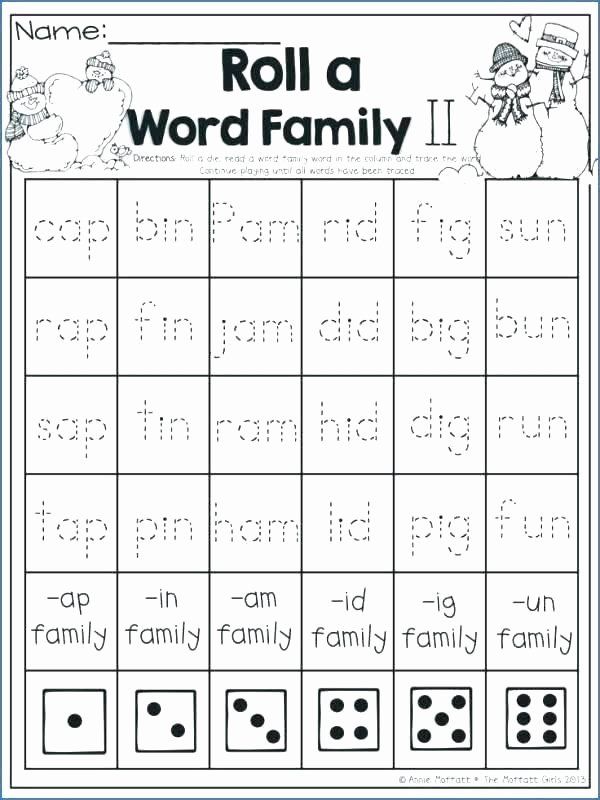 But the narrative itself is built in a completely different way - not so seriously and a little superficially. But for understanding the essence of British imperialism, it will do.
But the narrative itself is built in a completely different way - not so seriously and a little superficially. But for understanding the essence of British imperialism, it will do.
Tatyana Goncharova "The History of French Colonialism: Current Problems of Study" — French colonialism is just as important for world history as British colonialism, but they usually know much less about it.
Alexander Rodriguez, Vitaly Melyantsev, Robert Landa “A New History of the Countries of Asia and Africa in the 16th-19th Centuries” — the new time, among other things, was also a time of active clash between the West and the rest of the world. Therefore, it is important and necessary to understand how European colonialism interacted with local culture, politics and everyday life.
Theda Skocpol "States and social revolutions: a comparative analysis of France, Russia and China"
Revolutions are an important socio-political phenomenon of modern times. In fact, the very word revolutio changed its meaning at that very time.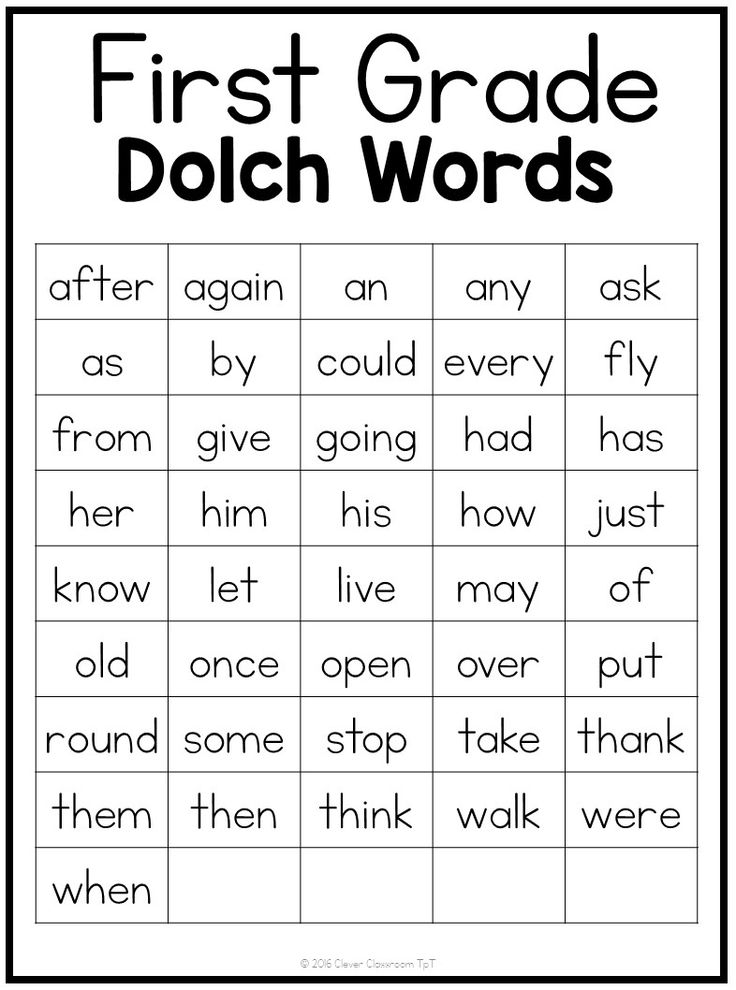 Now this is a sharp change, a revolution of the entire social and social (and often also economic) structure. The American researcher Theda Skocpol tried to identify and analyze the main features of social revolutions using the three most famous as an example: French, Russian and Chinese. Despite the fact that the methodology itself causes a lot of criticism, Skocpol's work is considered a classic for understanding the very phenomenon of revolution, its causes and consequences.
Now this is a sharp change, a revolution of the entire social and social (and often also economic) structure. The American researcher Theda Skocpol tried to identify and analyze the main features of social revolutions using the three most famous as an example: French, Russian and Chinese. Despite the fact that the methodology itself causes a lot of criticism, Skocpol's work is considered a classic for understanding the very phenomenon of revolution, its causes and consequences.
What to add. Barrington Moore "The Social Origins of Dictatorship and Democracy" - American political scientist and sociologist Barrington Moore also devoted a considerable part of his life to the study of revolution and expressed his opinion about this phenomenon.
Modern times
Anthony Beevor "The Second World War"
Tons of literature have been written about the Second World War, but the opus magnum of the British historian Anthony Beevor deserves special attention.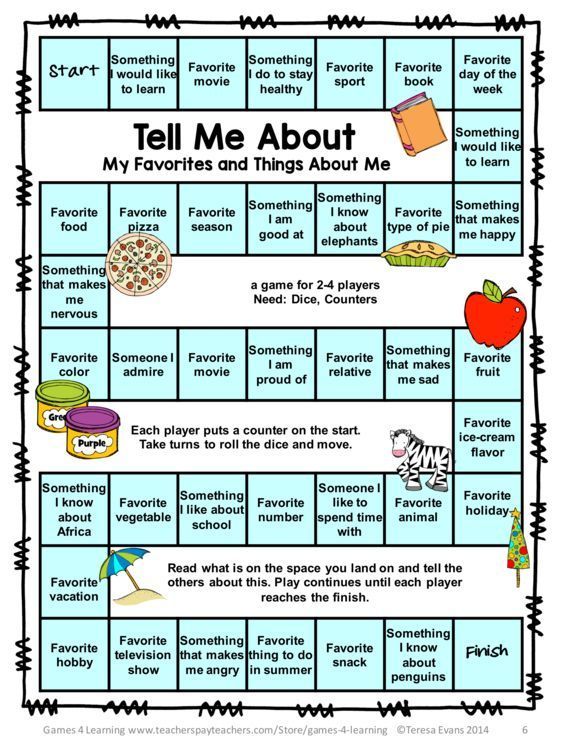 This book has many advantages: it is not too academic, it provides a complete overview of events since the end of 1930s. Despite the fact that the book caused a particularly sharp reaction in Russia (due to the story of rape in Germany at the end of the war), Beevor cannot at all be attributed to a number of "slanderers" of Russian history. His story about the war on the Eastern Front is full of respect for the Soviet army (the same is true for his books about Stalingrad and the battle for Berlin). But the main thing is that in Beevor's book there was a place for everyone - from the American General Mark Clark (who was nicknamed "General Marcus Clarkus" for his irrepressible desire to capture Rome) and Marshal Zhukov to the Chinese partisans and hand-to-hand fighting of Stalingrad.
This book has many advantages: it is not too academic, it provides a complete overview of events since the end of 1930s. Despite the fact that the book caused a particularly sharp reaction in Russia (due to the story of rape in Germany at the end of the war), Beevor cannot at all be attributed to a number of "slanderers" of Russian history. His story about the war on the Eastern Front is full of respect for the Soviet army (the same is true for his books about Stalingrad and the battle for Berlin). But the main thing is that in Beevor's book there was a place for everyone - from the American General Mark Clark (who was nicknamed "General Marcus Clarkus" for his irrepressible desire to capture Rome) and Marshal Zhukov to the Chinese partisans and hand-to-hand fighting of Stalingrad.
What to add. Barbara Tuckman "The Guns of August" - today it is increasingly being said that the First and Second World Wars should be considered as part of one conflict that began in 1914.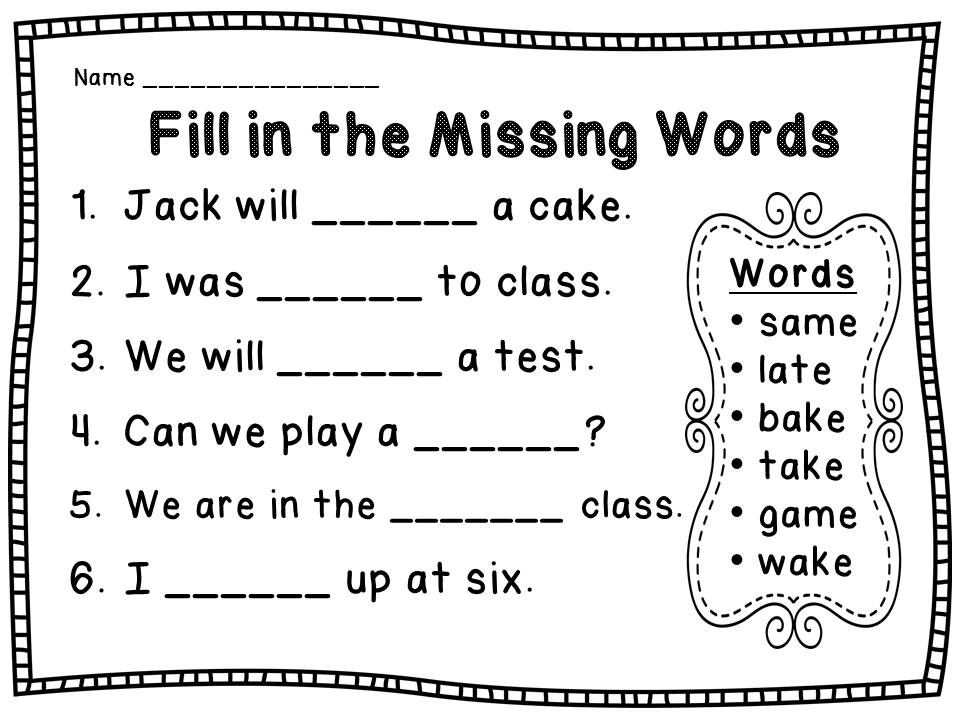 Tuckman's book tells in detail how the enlightened world of the beginning of the last century slipped into the abyss of the bloody meat grinder of the First World War - and what led to this.
Tuckman's book tells in detail how the enlightened world of the beginning of the last century slipped into the abyss of the bloody meat grinder of the First World War - and what led to this.
Eric Hobsbawm "The Short 20th Century" is Eric Hobsbawm's pessimistic view of the history of the 20th century, which describes it as a series of defeats - socialism, capitalism, imperialism, fascism and nationalism. As a result, the development of society and the state has come to a dead end, from which it is not entirely clear how to get out.
Tony Judt. Postwar: A History of Europe Since 1945. Penguin Press, 2005
For some unknown reason, the book has not yet been translated into Russian. But, it is necessary to read it - because it is difficult to find a more detailed, broad and at the same time deep narrative about post-war Europe. Socialism and capitalism, wars and famines, dictatorships and democracies. More importantly, Tony Judt's book tells how a European society, almost destroyed and destroyed by war, found a way and a way to restore, like a Phoenix bird.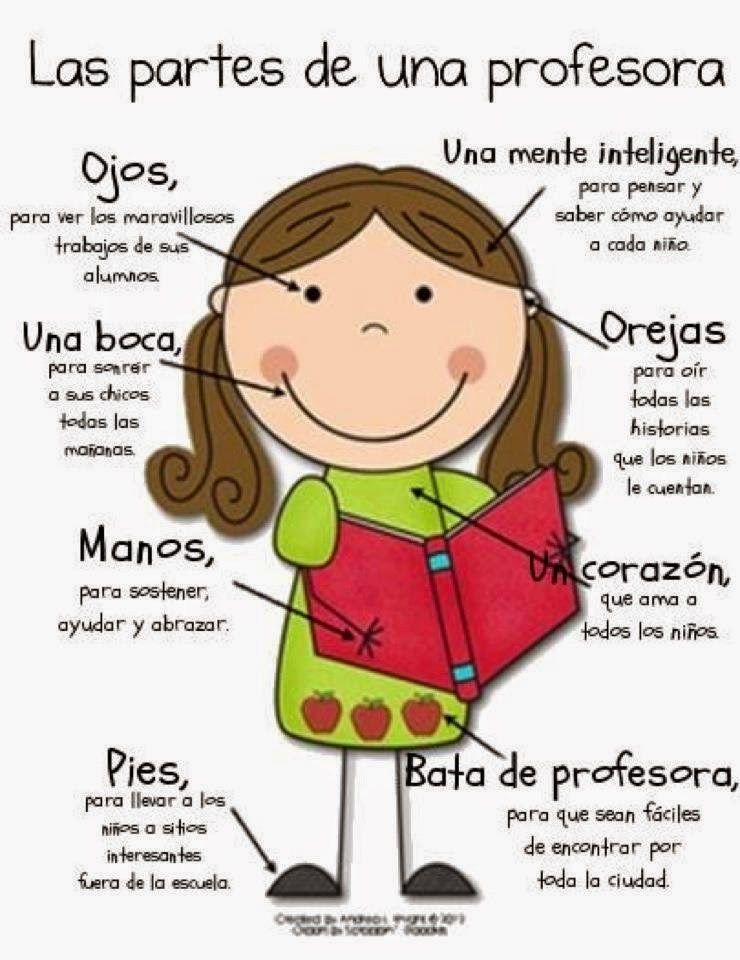 An up-to-date and very inspiring story of the post-war world.
An up-to-date and very inspiring story of the post-war world.
13 best books on the history of Russia
June 12, 2021 Books
Works about key events in the history of our country and the people who left their mark on it.
1. Slavs. Ancient Russian people. Historical and archaeological research”, Valentin Sedov
The famous Russian archaeologist Valentin Sedov made a huge contribution to the study of the ethnogenesis of the Slavs. In this edition, you will get acquainted with the two most famous works of the Slavic scholar. They cover the time period from the first century BC to the early Middle Ages. From the book you will learn when the independent path of the Slavs began and how separate ethnic groups and languages were formed.
Buy the book
2. "Illustrated Russian History", Vasily Klyuchevsky
The great Russian historian, academician and professor of Moscow University considered history to be a warden, severely punishing for ignorance of the lessons.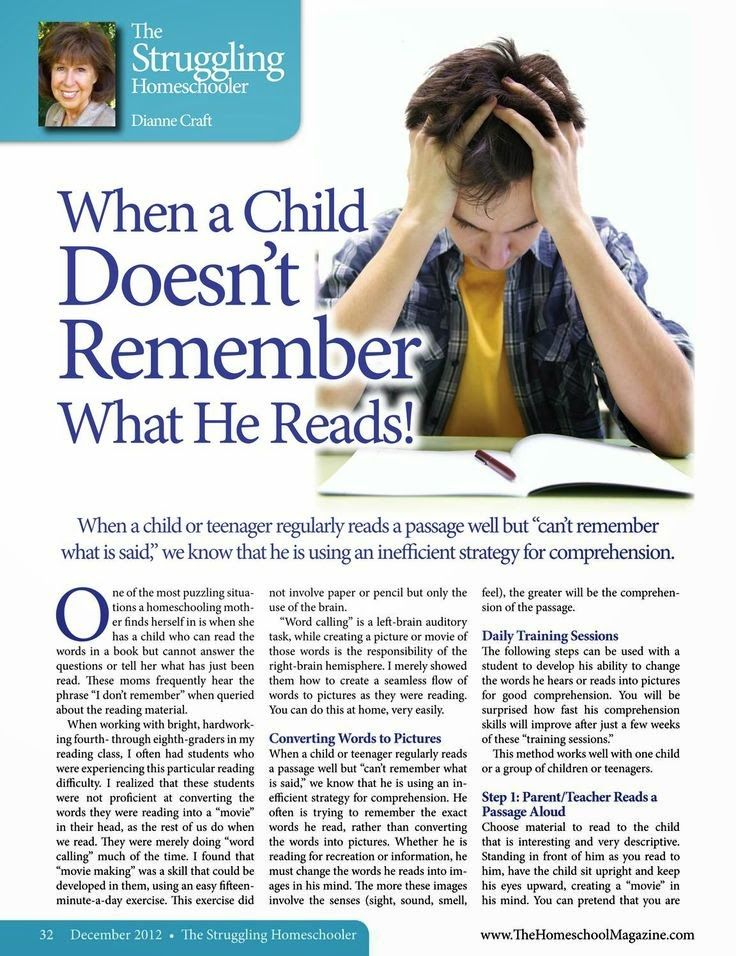 The course of lectures presented in the book was first published in 1904. The modern edition is accompanied by colorful illustrations based on old engravings and drawings.
The course of lectures presented in the book was first published in 1904. The modern edition is accompanied by colorful illustrations based on old engravings and drawings.
The author not only clearly and interestingly describes the main milestones in the history of Russia, but also offers a convincing analysis, and also expresses his own opinion about the events.
Buy the book
3. Genghis Khan, Vasily Yan
Vasily Yan, a Russian and Soviet writer, won the Stalin Prize in 1942 for his novel about the conquest of Central Asia. The Mongolian ruler Genghis Khan defeated the rich and powerful Khorezm kingdom, getting close to the Polovtsian steppes, and later to the borders of Rus'. Thus began the confrontation between the two strongest opponents, which dragged on for hundreds of years.
Vasily Yan's novel has become a classic of Soviet historical prose and does not lose popularity in our time.
Buy the book
4. "The Tale of Igor's Campaign", unknown author
This is the greatest literary monument of Ancient Rus'. The plot is based on the unsuccessful campaign of Russian princes led by Igor Svyatoslavovich against the Polovtsians in 1185. The most famous part of the work is the lamentation of Yaroslavna, the young wife of Prince Igor. The episode reflects the pain of all Russian mothers and wives for the soldiers who left on the battlefield.
The plot is based on the unsuccessful campaign of Russian princes led by Igor Svyatoslavovich against the Polovtsians in 1185. The most famous part of the work is the lamentation of Yaroslavna, the young wife of Prince Igor. The episode reflects the pain of all Russian mothers and wives for the soldiers who left on the battlefield.
"The Tale of Igor's Campaign" is a work that gives an idea not only of historical events, but also of the character of our distant ancestors.
Buy the book
5. "History of the Russian State", Nikolai Karamzin
The historian and writer Nikolai Mikhailovich Karamzin devoted more than 20 years of his life to this work. The essay describes the history of the country from ancient times to the Time of Troubles and the reign of Ivan the Terrible (1613). The book is adapted for the modern reader and is provided with rich illustrations that give a vivid idea of the events and people described by the author.
Buy book
6.
 "Historical Miniatures", Valentin Pikul
"Historical Miniatures", Valentin Pikul
Valentin Savvich Pikul is a well-known Russian and Soviet writer, author of many works on historical topics. The Historical Miniatures series is a kind of portrait gallery. In very short novels and stories, according to the writer's widow, biographies of personalities who played a significant role in the history of Russia are compressed.
The miniature could have been born overnight, but its appearance was preceded by years of painstaking work and careful collection of information. In total, the series includes more than 50 works.
Buy the book
7. “Young Russia”, Yuri German
Screenwriter and playwright Yuri German wrote a novel about the beginning of changes in the era of Peter the Great for more than 10 years. The author shows historical events through the fate of the main characters Ivan Ryabov and Seliverst Ievlev. Herman spent four years in Arkhangelsk, where Ivan Ryabov, a Pomor and feeder, comes from. The author studied archives, worked in libraries.
The author studied archives, worked in libraries.
The novel attracts with a clear depiction of the characters and a detailed description of the life and way of life of the inhabitants of the Russian North.
Buy book
8. History of the Russian State, Boris Akunin
This is a series of nine volumes devoted to different periods in the history of Russia: from the Mongol invasion to the collapse of the empire. The author's goal is to retell the story objectively, while maintaining the reliability of the facts, but at the same time freeing himself from any ideological influence. Professional historians refer the series to the genre of folk history (pseudo-scientific works), but the writer's fans will definitely appreciate the signature style of presentation, which seems to revive the characters and events of the past.
Especially for those who love historical riddles and puzzles, the author has released a series of "History of the Russian state in stories and novels.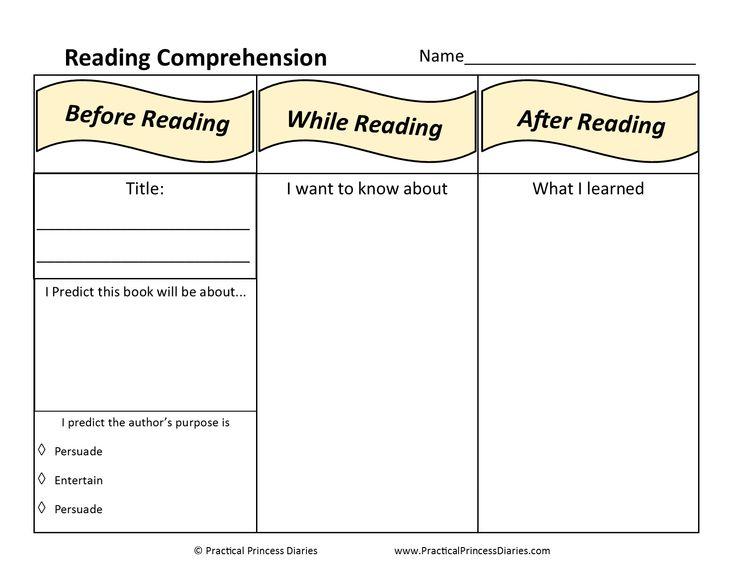 " This is a real treat for the mind and soul.
" This is a real treat for the mind and soul.
Buy the book
9. "Dynasty without makeup", Edvard Radzinsky
"Dynasty without makeup" is a series dedicated to outstanding representatives of the Romanov dynasty, including the last Emperor Nicholas II. Russian writer, playwright and screenwriter has been writing books about the history of Russia since the age of 90-s. Radzinsky approaches his work with great care: he visits archives, studies documents and collects all kinds of details that will increase the viewing angle.
Radzinsky is interested in history from an educational point of view. The author often gives his own assessment of certain events, and also tries to show the human side of famous historical figures.
Buy the book
10. History of Russia from Rurik to Putin. People. Developments. Dates”, Evgeny Anisimov
Evgeny Anisimov is a historian, Doctor of Sciences and Professor at the St. Petersburg Institute of History of the Russian Academy of Sciences.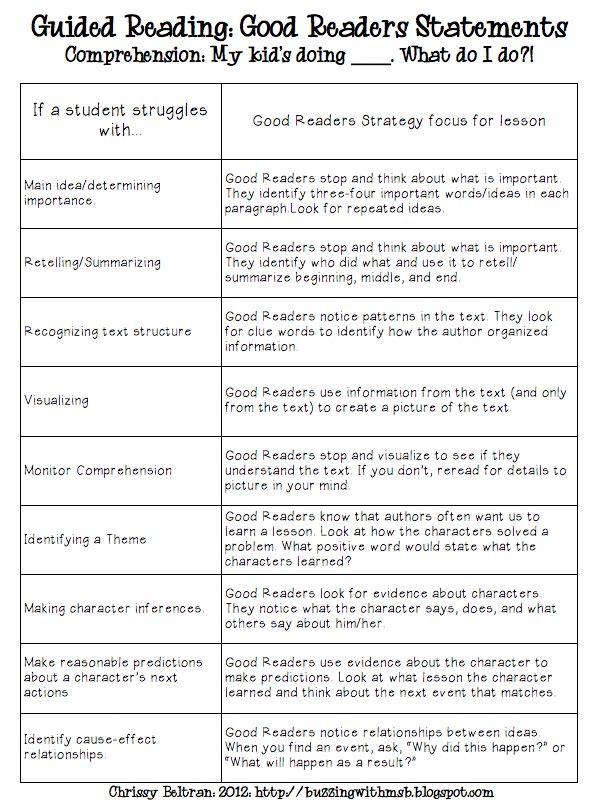 In 2000 he was awarded the prestigious Antsifer Prize for his contribution to modern local history. The book tells the history of the country from ancient times to the present day. Additional sections are dedicated to famous historical figures and major dates.
In 2000 he was awarded the prestigious Antsifer Prize for his contribution to modern local history. The book tells the history of the country from ancient times to the present day. Additional sections are dedicated to famous historical figures and major dates.
The author's lively language and his authoritative comments will help readers remember what they learned in school history lessons and take a different look at those events that seem familiar and understandable.
Buy the book
11. "The Two Ways of Russia", Richard Pipes
Richard Pipes is a famous American political scientist, former director of the Russian Research Center at Harvard University, author of dozens of articles on the history of the USSR. In the new book, the author expresses his point of view on the possible ways of development of modern Russia. Pipes considers the two options in detail, offers solutions and points out the uniqueness of the historical chance that has fallen to our country.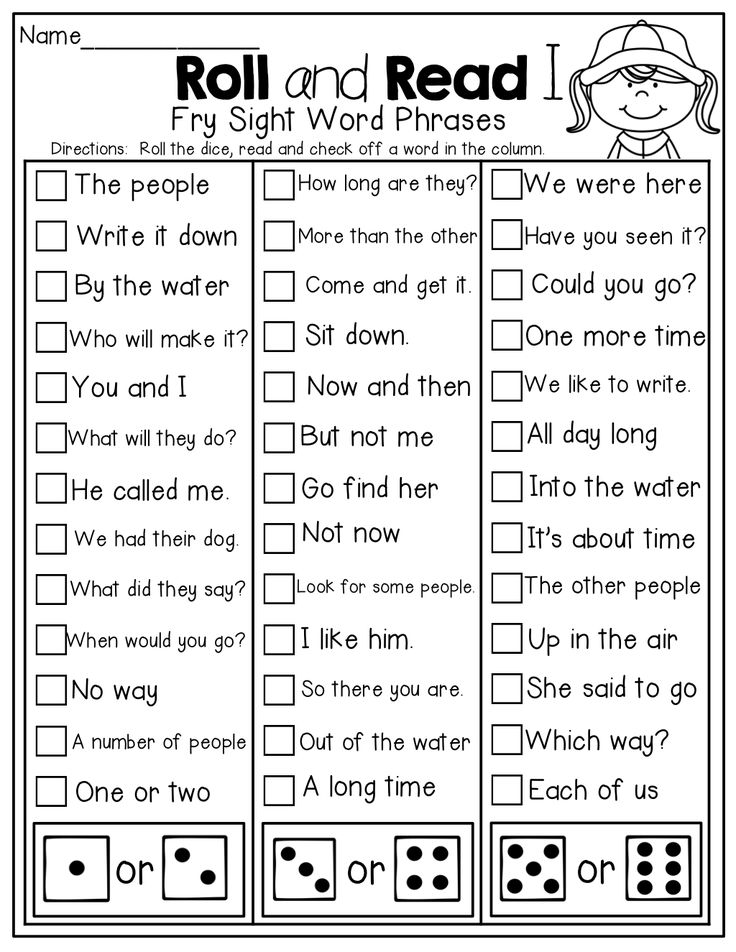
Buy the book
12. “The whole Kremlin army. A Brief History of Modern Russia”, Mikhail Zygar
The book by the Russian writer, director and political journalist immediately became a bestseller. In 2016, she was twice the winner of the Runet Book Prize in the Bestseller and Best Digital Book categories. The book is based on documents and interviews that the author took from Vladimir Putin's inner circle.
Buy the book
13. “Choosing your story. Forks in the path of Russia: from the Rurikovich to the oligarchs, Igor Kurukin, Irina Karatsuba, Nikita Sokolov
Russian historians Igor Kurukin, Irina Karatsuba and Nikita Sokolov present a collection of essays on the many historical forks that have appeared on the country's path over many centuries. These are not versions of what could have been, not an alternative history, but discussions about the problem of historical choice, about the philosophy of the spirit of the people and about what events this spirit and the famous Russian soul led and leads to.

